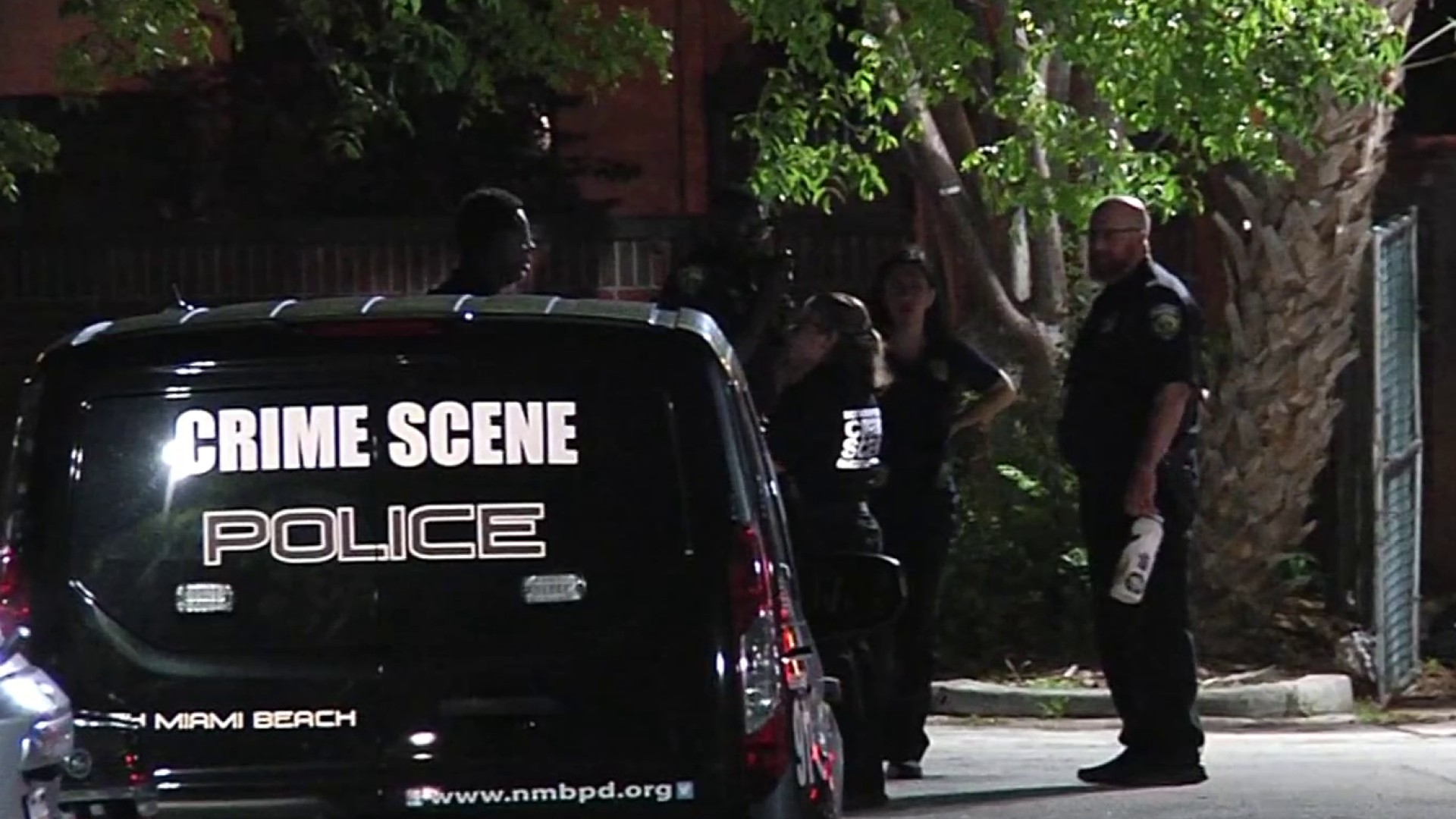There’s now a major change when it comes to finding out if police officers in the community have been in trouble before.
It’s something protestors called for after George Floyd’s murder: a new database set up by the state that shows some officers who have been disciplined, and those who can’t be on the force anymore.
The database on the Florida Department of Law Enforcement's website includes the records of officers who have received discipline from the Criminal Justice Standards and Training Commission (CJSTC) since Jan. 1, 2012.
Community advocates say this is positive, but they would like to be able to see more. The state says that this information was available before, but finding it was another story in just how complicated that was. Now, this one database holds the information for the officers who got in trouble, sorted by the agency they work for.
Get South Florida local news, weather forecasts and entertainment stories to your inbox. Sign up for NBC South Florida newsletters.
When officers arrive on scene now, their body cameras may already be rolling, citizens may be recording on their cellphones, and surveillance cameras may be recording, too — each creating a record to either protect the public when investigators determine when an officer crossed the line, or protect the officers from unfounded claims against them.
When officers commit violations, now there's the Florida Officer’s Discipline Database.
“The bigger picture about this is about transparency and accountability. So, the community can see the officers that are in their neighborhood — what’s the reputation they have?” said Melba Pearson, a former prosecutor and ACLU attorney now at FIU’s Center for the Administration of Justice. “I would say this is a step in the right direction. I don’t want to downplay how momentous this is and how important this is for communities across this state as well as for marginalized communities. However, I think there is a lot of room for improvement."
Local
What does it take for an officer to get into the database? They need a felony conviction or been found guilty of a moral character violation.
NBC 6 went back to 2017 — South Florida’s largest departments found that out of 18 deputies from the Broward Sheriff's Office, 12 of them lost their certification to continue policing. In Miami-Dade, 15 officers are on the list, and 10 of them gave up their certifications or had them revoked. In the City of Miami, 16 officers are listed and 11 of them aren’t with the department anymore.
"As we have seen over the course of the last decade, there is a correlation between a high number of civilian complaints and excessive use of force. We saw this in the Derek Chauvin case," Pearson said.
On Thursday, NBC 6 saw a DUI, multiple drug charges, and a battery case, to name a few.
Pearson says the information is helpful, but she'd like to see complaints brought by citizens also listed under an officer's name.
“Number one, this database only covers whether on not an officer has a conviction or basically has a complaint that has been sustained against them—they’ve had some kind of disciplinary action. But unfortunately many of the complaints ... the complaints don’t always result in some sort of disciplinary action as we are all familiar with,” Pearson added.
Before an officer’s information is listed on the state’s website, there’s a panel that reviews the information they are getting about the discipline or a conviction at the local or county level, or if there’s a federal crime that’s been committed — all that is reviewed before the information is posted.
If you’d like to go take a look at the database, click here.



